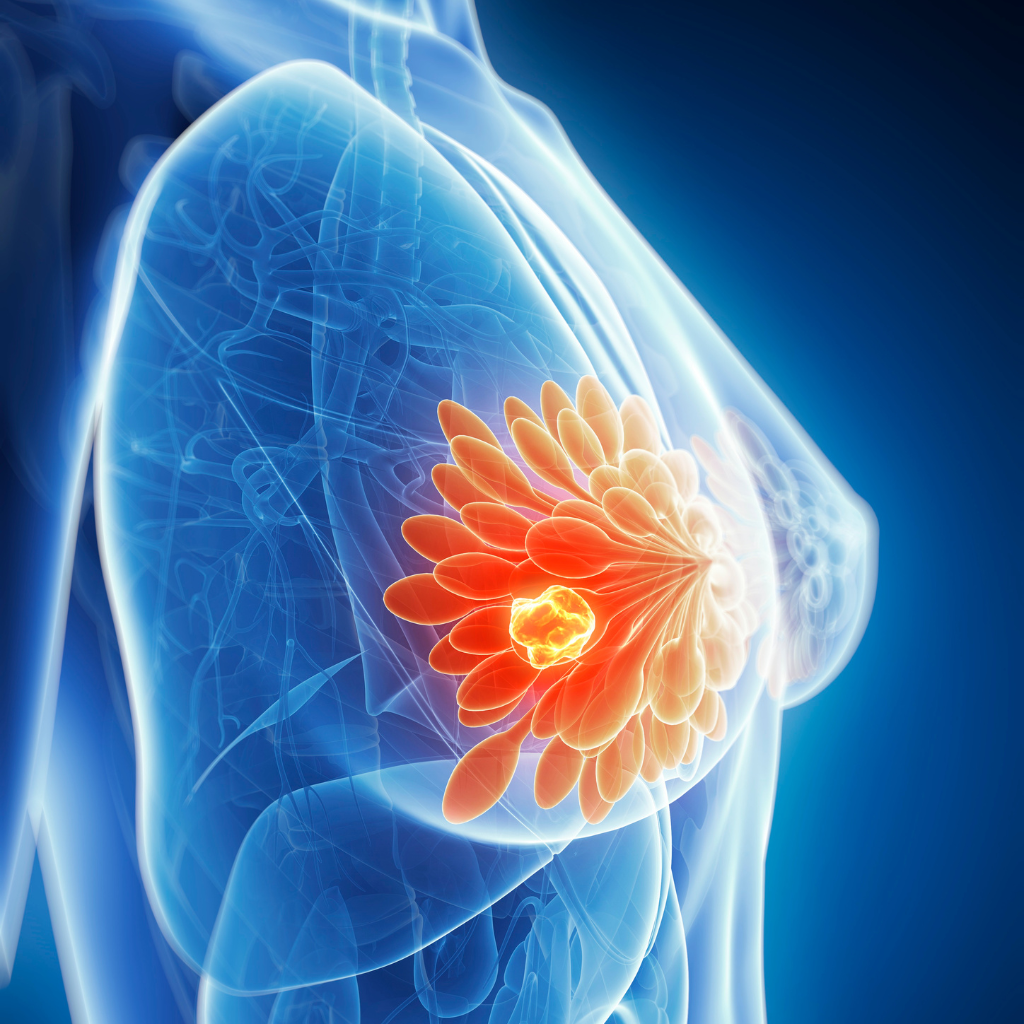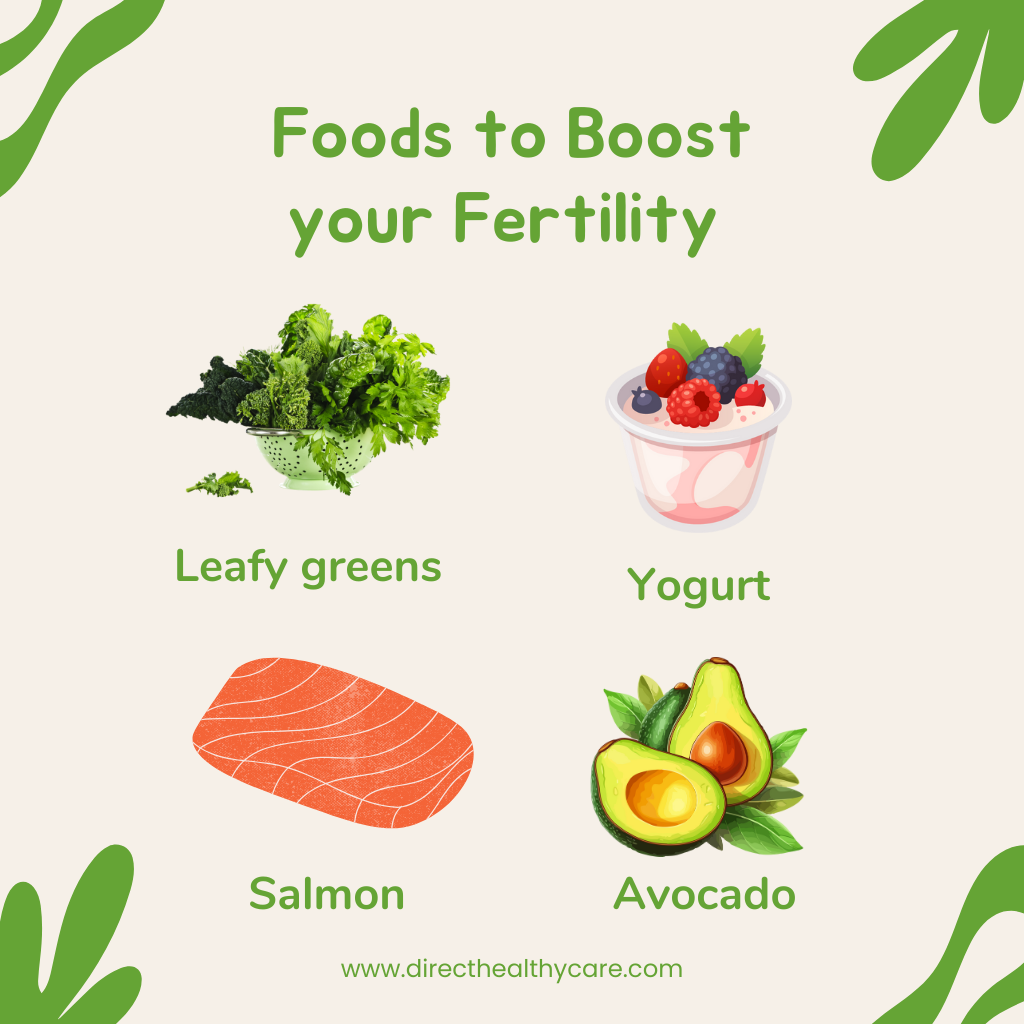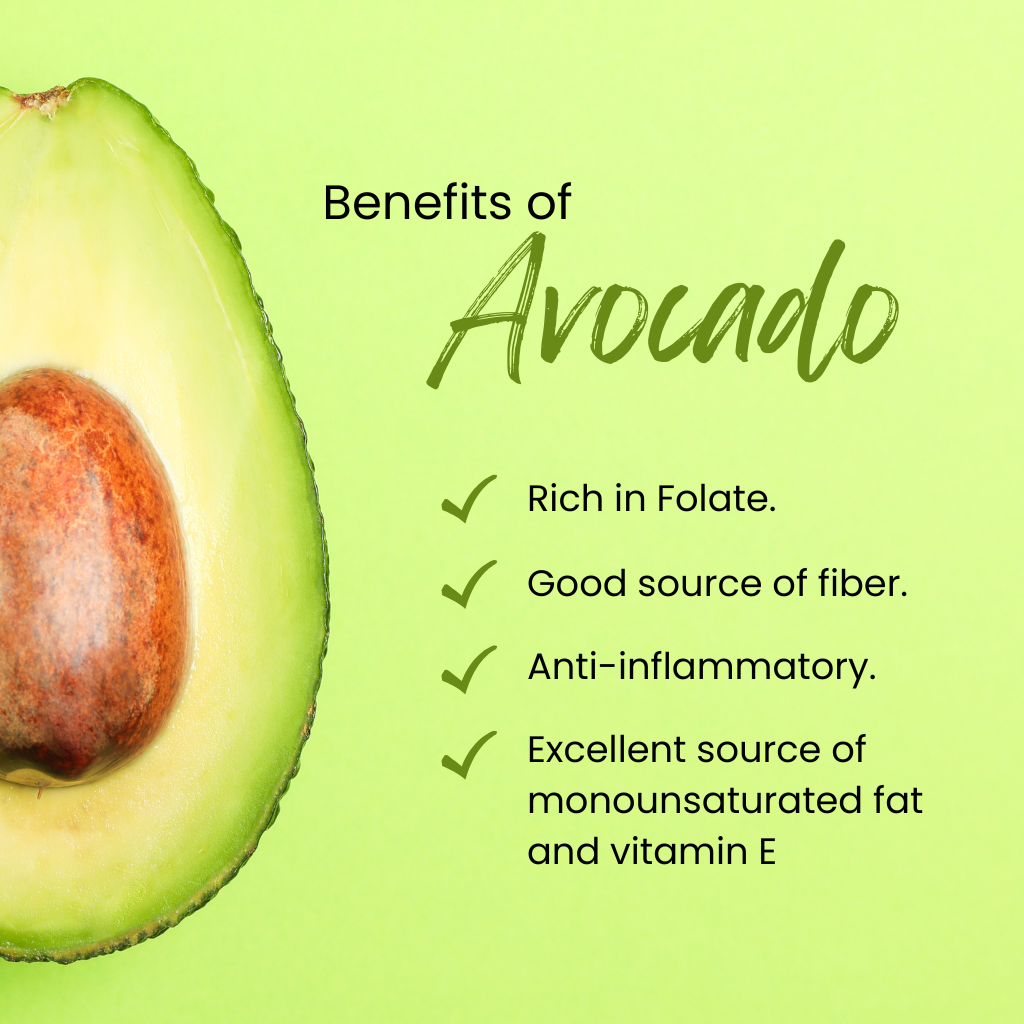Best diet for breast cancer recovery
Best diet for breast cancer recovery

Breast Cancer and Nutrition: best diet for breast cancer
Breast cancer is a complex disease influenced by multiple factors, including genetics, lifestyle, and diet. While no single food or diet can prevent or cure breast cancer, certain foods may play a significant role in supporting your body, reducing risk, and even aiding recovery during and after treatment.
In this blog post, we’ll explore how nutrition can impact breast cancer, the best foods to incorporate into your diet, and which foods to avoid to promote overall wellness.
The Connection Between Diet and Breast Cancer
The relationship between diet and breast cancer is still being researched, but evidence suggests that diet plays a crucial role in cancer prevention and recovery. Maintaining a healthy weight is especially important since excess body fat can increase estrogen levels, which has been linked to hormone receptor-positive breast cancers.
A diet rich in whole foods, such as vegetables, fruits, whole grains, and lean proteins, along with limited consumption of processed foods, sugar, and unhealthy fats, can support overall health and may help reduce cancer risk.
Foods to Eat for Breast Cancer Prevention and Recovery
1. Cruciferous Vegetables
- Examples: Broccoli, cauliflower, Brussels sprouts, cabbage.
- Benefits: These vegetables contain compounds like sulforaphane, which have been shown to inhibit the growth of cancer cells. Studies suggest that they may help reduce the risk of breast cancer by modulating estrogen metabolism.
2. Berries
- Examples: Blueberries, strawberries, raspberries, blackberries.
- Benefits: Berries are packed with antioxidants, such as ellagic acid and anthocyanins, which help reduce oxidative stress and inflammation in the body. These compounds may also help slow cancer cell growth.
3. Leafy Greens
- Examples: Spinach, kale, Swiss chard, arugula.
- Benefits: Leafy greens are rich in antioxidants, fiber, and nutrients like folate and carotenoids, which may help protect against cancer development by supporting healthy cell function.
4. Fatty Fish
- Examples: Salmon, mackerel, sardines, trout.
- Benefits: Fatty fish are high in omega-3 fatty acids, which have anti-inflammatory properties and may reduce the risk of breast cancer recurrence. Omega-3s also support brain and heart health.
5. Nuts and Seeds
- Examples: Flaxseeds, chia seeds, walnuts, almonds.
- Benefits: Flaxseeds are a great source of lignans, which are plant compounds that have been linked to a lower risk of hormone-related cancers. Chia seeds and walnuts also contain omega-3 fatty acids and fiber, which help regulate hormone levels.
6. Whole Grains
- Examples: Brown rice, quinoa, oatmeal, whole wheat.
- Benefits: Whole grains are rich in fiber, which helps maintain a healthy digestive system and may lower the risk of breast cancer. Fiber can also help reduce circulating estrogen levels in the body.
7. Legumes
- Examples: Lentils, chickpeas, black beans, kidney beans.
- Benefits: Legumes are a fantastic source of plant-based protein, fiber, and phytochemicals. They can help regulate blood sugar levels, reduce inflammation, and support digestive health.
8. Healthy Fats
- Examples: Olive oil, avocado, nuts, seeds.
- Benefits: Replacing saturated fats with healthier fats, such as those found in olive oil and avocados, may lower the risk of cancer. Healthy fats are essential for hormone regulation and reducing inflammation.
9. Green Tea
- Benefits: Rich in catechins, green tea has antioxidant and anti-inflammatory properties. It may help inhibit the growth of cancer cells and reduce the risk of recurrence.
10. Fermented Foods
- Examples: Yogurt, kefir, sauerkraut, kimchi.
- Benefits: Fermented foods contain probiotics, which support gut health and the immune system. A healthy gut microbiome is essential for overall health and may help modulate the body’s response to cancer.
Foods to Limit or Avoid
1. Processed and Red Meats
- High consumption of processed meats (like bacon, sausages, and hot dogs) and red meats has been linked to an increased risk of cancer. Opt for plant-based proteins and leaner cuts of meat instead.
2. Sugary Foods and Beverages
- Sugar-rich diets can lead to obesity, which is a risk factor for breast cancer. Excess sugar can also spike insulin levels, potentially promoting cancer cell growth.
3. Refined Carbohydrates
- Foods such as white bread, pastries, and sugary cereals can cause blood sugar spikes, which may increase the risk of cancer. Choose whole grains and high-fiber foods instead.
4. Alcohol
- Alcohol consumption has been linked to an increased risk of breast cancer. It’s advisable to limit alcohol intake to reduce risk; ideally, women should aim for no more than one drink per day, if any.
5. High-Fat Dairy Products
- Some studies suggest that consuming high amounts of full-fat dairy products may be associated with an increased risk of breast cancer. Opt for low-fat or plant-based alternatives when possible.
Tips for a Cancer-Fighting Diet
- Focus on Plant-Based Meals: Aim to fill at least half of your plate with vegetables and fruits. Plant-based diets are rich in nutrients, fiber, and antioxidants.
- Incorporate Healthy Fats: Choose sources like olive oil, avocados, nuts, and seeds instead of processed or hydrogenated oils.
- Stay Hydrated: Drinking plenty of water is essential for overall health. Green tea is a great alternative to sugary drinks, providing additional antioxidants.
- Practice Portion Control: Maintaining a healthy weight is important, especially for breast cancer survivors. Try to avoid overeating by practicing mindful eating.
- Experiment with Herbs and Spices: Turmeric, ginger, garlic, and rosemary contain anti-inflammatory and antioxidant properties that can benefit your health.
Lifestyle Factors to Complement a Healthy Diet
- Exercise Regularly: Aim for at least 150 minutes of moderate exercise per week, such as walking, swimming, or yoga.
- Get Adequate Sleep: Proper rest helps the body heal and supports a strong immune system.
- Manage Stress: Chronic stress can weaken the immune system and increase inflammation. Practice mindfulness, meditation, or deep breathing exercises to reduce stress levels.
- Avoid Smoking: Smoking is linked to various cancers, including breast cancer. Quitting smoking can significantly improve your overall health.
Conclusion
While there’s no guaranteed way to prevent breast cancer, making mindful dietary and lifestyle changes can lower your risk and support your overall health. Focus on whole foods, plant-based meals, and healthy fats while limiting processed foods, sugar, and alcohol. Remember, a balanced diet combined with regular exercise, stress management, and other healthy habits is your best defense.
If you’re currently undergoing breast cancer treatment or are a survivor, consult with a registered dietitian or healthcare professional to create a personalized nutrition plan tailored to your needs. Eating well can help you feel better, boost your energy, and promote healing.
Foods to Boost Fertility
Discover foods to boost fertility, learn how nutrition impacts reproductive health & get tips for a…
Avocado benefits
discover the incredible Avocado Benefits! from heart health and glowing skin to improved digestion and brain…
Is Cervical Cancer Genetic?
Cervical cancer isn't usually hereditary, but genetic susceptibility, HPV infection, and lifestyle factors influence risk. Prevention…









